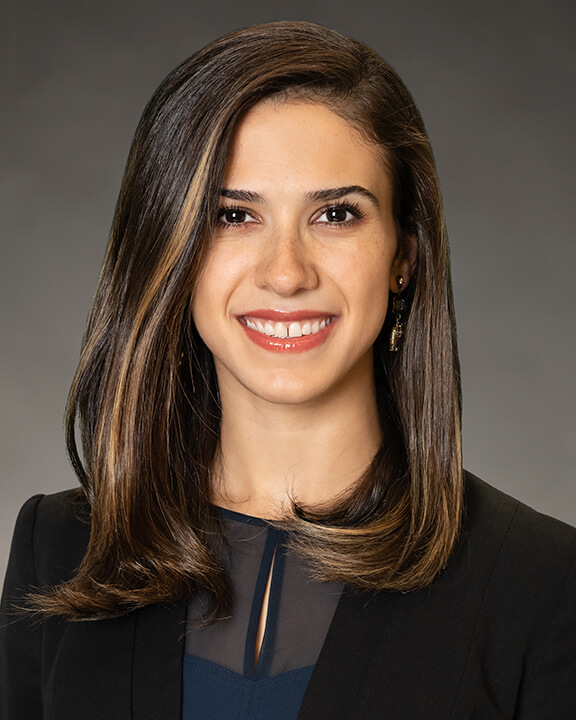Background
On May 12, the New York State Department of Health (NYSDOH) submitted an extension request to the Centers for Medicare and Medicaid Services (CMS) for the Section 1115(a) Waiver for funding authority of $2.75 billion to respond to the Covid-19 public health emergency.
The request comes after surmounting pressure on the federal government to provide aid to the states. This extension seeks funding to deliver care in a post-public health emergency health care landscape articulated in three distinct initiatives: (1) Emergency Capacity Assurance; (2) Rapid Facility Conversion; and (3) Regional Coordination and Workforce Deployment.
The Proposal
Effective retroactively to March 1, 2020, the waiver would establish two different funding pools:
Emergency Capacity Assurance Fund (ECAF) — $1.85 billion
The ECAF is a direct-to-provider funding pool aiming to stabilize providers and ensure their availability during and after the emergency. The first investment is for “Emergency Capacity Assurance,” allocating $1.2 billion to Medicaid providers involved in or impacted by the emergency response to Covid-19. Due to state funding losses as a result of the crisis, the state requests flexibility from CMS to acquire the match for ECAF. Providers will have at least 10 days to submit an application regarding their services to Medicaid and uninsured individuals and modifications to payment mechanism due to adjusted workflows, but these funds cannot be used to offset patient care revenue.
The other $625 million is allocated to the second investment, “Rapid Facility Conversion.” This investment will fund planning and necessary conversions in response to current and future emergencies. This may include identifying the right facilities, establishing minimum requirements for conversion and developing a plan for rapid conversion. The funds will also be used as conversion costs required by those facilities and operating costs during crisis.
Regional Coordination and Emergency Deployment Fund (RCEDF) — $900 million
The RCEDF will be managed by the Performing Provider Systems (PPS), the vehicles for the current CMS Delivery System Reform Incentive Payment (DSRIP) waiver and will redirect existing PPS infrastructure towards management of the Covid-19 pandemic. DOH has defined four domains for PPSs to focus on: coordinating the regional pandemic, deploying telehealth and other technologies, redeploying and retraining workforce and scaling the Promising Practices adopted from DSRIP which focus on care coordination, care management and care transitions.
The state will provide an application template for PPSs to submit a regional coordination plan including activities and corresponding budgeting plan across the four domains. The waiver also states that special consideration will be given to PPSs that have a demonstrated ability and history of community-based organization (CBO) inclusion and funding.
Considerations
Given the public health emergency, CMS’ recent approvals for similar waivers and the lower price tag, this waiver may potentially fare better than New York’s previous application for DSRIP extension and renewal. Although cases of Covid-19 are falling, uncertainty of the disease path in the coming months leave a gap that could be filled by the ECAF, supporting both an overburdened staff and a struggling network of community providers.
The RCEDF offers a potential opportunity for PPSs to facilitate New York’s Covid-19 relief and recovery efforts, but many questions remain. There are new opportunities for collaboration between PPSs, especially downstate where multiple PPSs may cover the same area. PPSs should consider the possibility that not all of them will move forward in the emergency waiver extension—the state may choose one for each geographic region.
Additionally, many PPSs have unspent funds that are currently earmarked for long-term sustainability plans. It remains unclear whether the unspent funds must be shifted to RCEDF efforts.
If the emergency waiver application is accepted by CMS, providers and PPSs will need to move quickly to create and submit respective applications to the state. They will also need to rapidly understand how their network has changed and shifted during the pandemic, which providers they need to collaborate with and how they will ensure sustainability by altering their revenue models. PPSs should take inventory of the partners still operating, the ones operating under reduced hours and the ones that have yet to shift to providing care through telemedicine.
Providers should not depend on potential support from this waiver and should consider other options such as joining, establishing or leveraging existing Independent Practice Associations (IPA) or Accountable Care Organizations (ACOs) to negotiate value -based payment managed care agreements that can reduce revenue volatility based on rapid changes in utilization such as those seen during the Covid-19 pandemic.
For more information, please reach out to info@copy.laraco.net or call 646-768-0006.

